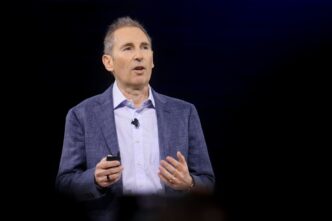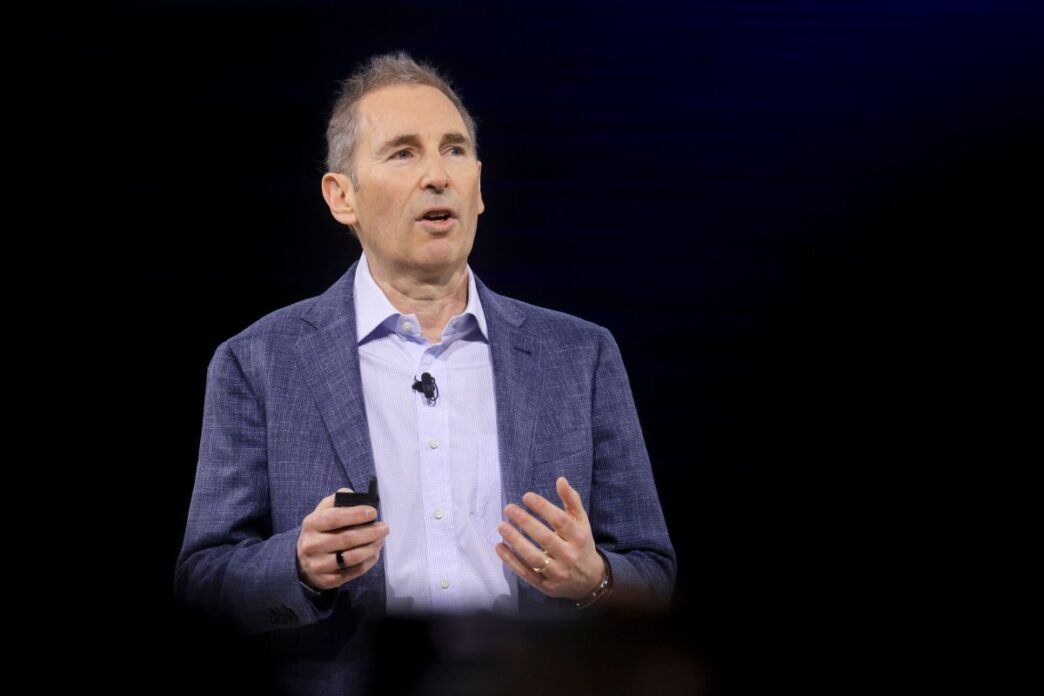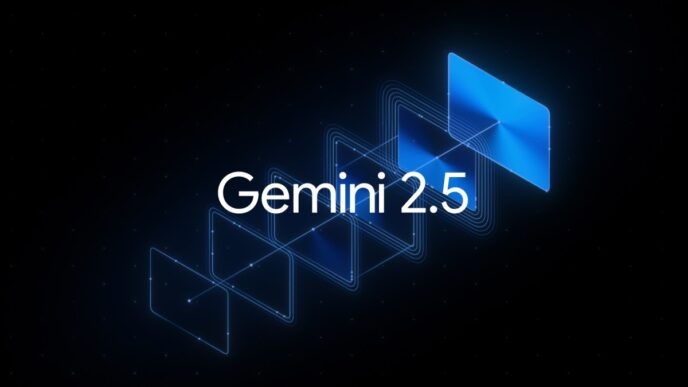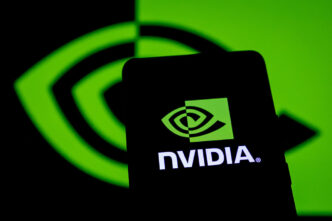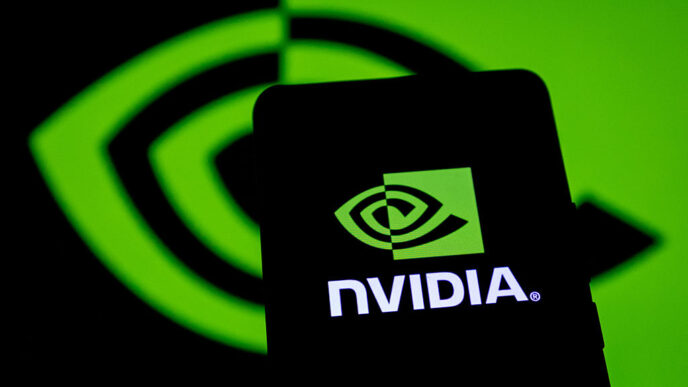Amazon is gearing up to push ads directly into conversations with its AI assistant, Alexa+. CEO Andy Jassy dropped the news during Amazon’s Q2 earnings call Thursday.
Jassy flagged the ad potential as Alexa+ users engage in more “multi-turn” chats. The idea: AI-driven ads that help users discover products and boost Amazon’s revenue.
“People are excited about the devices that they can buy from us that has Alexa+ enabled in it. People do a lot of shopping [with Alexa+]; it’s a delightful shopping experience that will keep getting better,”
“I think over time, there will be opportunities, as people are engaging in more multi-turn conversations, to have advertising play a role to help people find discovery, and also as a lever to drive revenue.”
Andy Jassy on Amazon’s Q2 call
Amazon has rolled out Alexa+ to millions. It’s Amazon’s response to generative AI voice assistants from OpenAI, Google, and Perplexity. Alexa+ is free for Prime members and costs $20/month for standalone access. Jassy hinted at the possibility of more subscription tiers — maybe an ad-free option.
So far, Amazon’s Alexa ads have been subtle — visual ads on Echo Shows or audio ads between songs. An AI-generated ad mid-conversation is new territory, both for Amazon and the industry. Marketers like the idea but how exactly it works remains unclear.
Google and OpenAI are toying with similar ad ideas. OpenAI’s Sam Altman said he’s open to “tasteful” ChatGPT ads. Meanwhile, Google explores ads inside its AI search mode.
Amazon is burning billions to catch up in AI. Q2 spending hit $31.4 billion, up 90% year-over-year, mostly on AI chips and data centers. AWS cloud revenue climbed 18%, but Jeff Bezos’s old company needs fresh money streams.
Early Alexa+ reviews are mixed. Amazon struggles with some advanced features and a slower rollout than expected.
Hallucinations remain a problem. Advertisers may hesitate to let Alexa+ pitch products that the AI could misrepresent.
Jassy is bullish on expanding Amazon’s ad business. Q2 advertising revenue jumped 22% year-over-year.
Privacy worries loom. People talk more to AI chatbots than classic assistants like Siri. More chat means more data — and some users may dread seeing that data feed ads in natural conversations.
